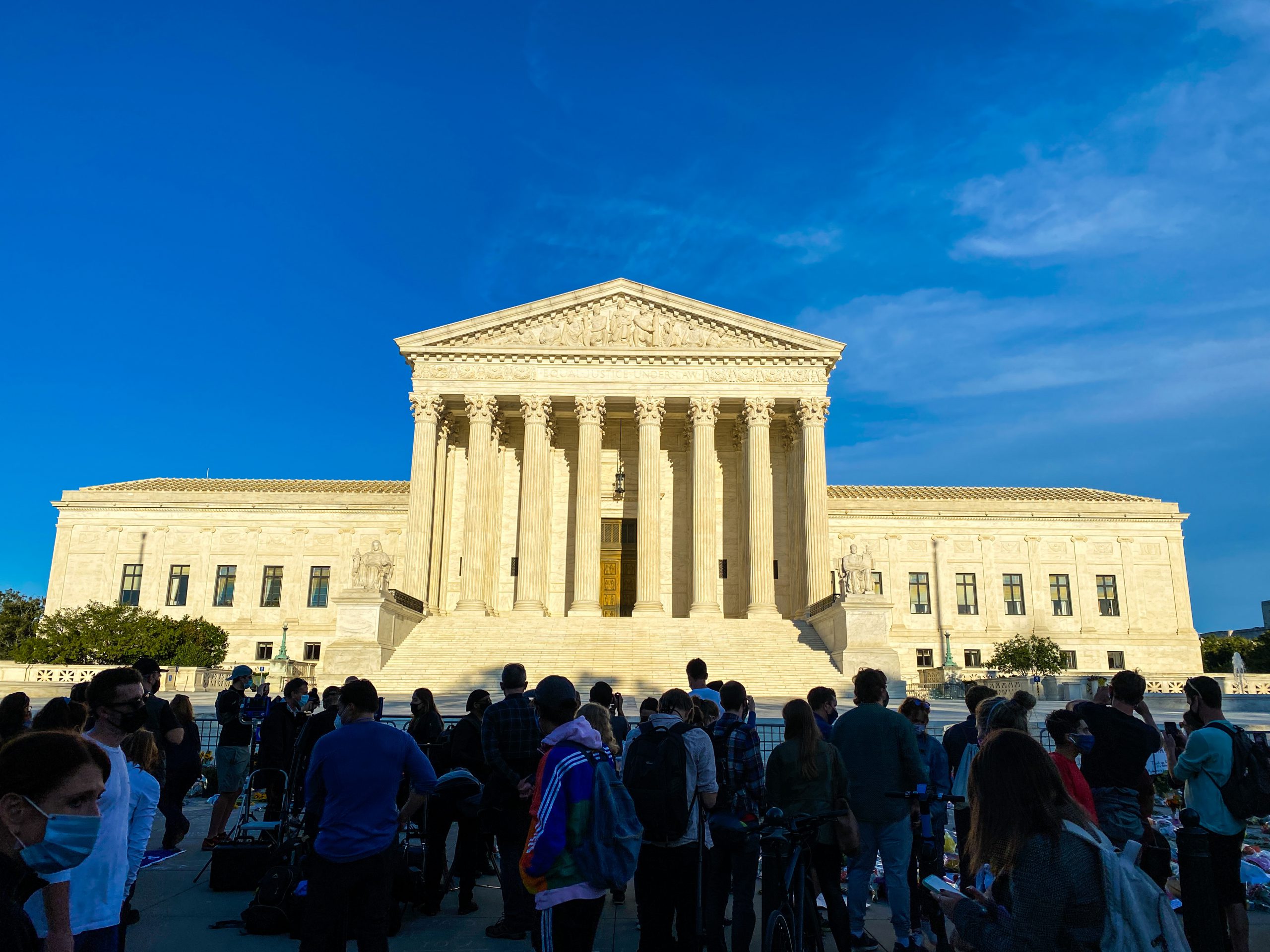Indianz.Com > News > Indian Country organizations fear undercount as 2020 Census comes to end

Native Organizations Condemn U.S. Supreme Court Order Ending the 2020 Census Early and Validating an Undercount of Historic Proportions of American Indians and Alaska Natives
Wednesday, October 14, 2020
Source: National Congress of American Indians, Native American Rights Fund and National Urban Indian Family Coalition
The 2020 Census ends on October 31, 2020.
On October 13, 2020, the U.S. Supreme Court granted the Trump Administration’s application to stay a federal court order that required the U.S. Census Bureau (Bureau) to honor its commitment to complete the 2020 decennial Census count on October 31, 2020. The stay is in place until the appeals are resolved. Effectively, the Supreme Court’s order ends the 2020 Census.
We strongly believe the Administration’s efforts to end the 2020 Census early are calculated to secure apportionment numbers, which are used to determine the number of each state’s congressional representatives, before the end of 2020. However, the Administration admitted that it could not meet the December 31, 2020 statutory deadline for apportionment data under any circumstances due to delays caused by COVID-19. The Bureau’s Associate Director for Field Operations acknowledged it was “ludicrous” to expect the Bureau to “complete 100% of the nation’s data collection” for the 2020 Census early, in the middle of a global pandemic. The Administration’s efforts will result in incomplete numbers, effectively excluding noncitizens and suppressing the count of minority communities, including American Indians and Alaska Natives.
In a vigorous dissent explaining why the Court’s action is improper, Associate Justice Sotomayor wrote, “meeting the deadline at the expense of the accuracy of the census is not a cost worth paying, especially when the Government has failed to show why it could not bear the lesser cost of expending more resources to meet the deadline or continuing its prior efforts to seek an extension from Congress.” Moreover, she observed that the lower courts already concluded that an “inaccurate count would affect the distribution of federal and state funding, the deployment of services, and the allocation of local resources.”
Loading...
U.S. Supreme Court Documents
• Docket No. 20A62: Ross v.
National Urban League • Application for Stay [Secretary of Commerce Wilbur Ross]
• Response to Application [National Urban League; League of Women Voters; Black Alliance for Just Immigration; Harris County, Texas; King County, Washington; City of San Jose, California; Rodney Ellis; Adrian Garcia; and the NAACP]
• Reply [Secretary of Commerce Wilbur Ross]
• Order: Ross v. National Urban League
Founded in 1944, the National Congress of American Indians is the oldest, largest and most representative American Indian and Alaska Native organization in the country. NCAI advocates on behalf of tribal governments and communities, promoting strong tribal-federal government-to-government policies, and promoting a better understanding among the general public regarding American Indian and Alaska Native governments, people and rights. For more information, visit www.ncai.org. Founded in 1970, NARF is the oldest and largest non-profit dedicated to asserting and defending the rights of Indian tribes, tribal organizations, and individual Indians nationwide. For the past 50 years, NARF has represented over 275 Tribes in 31 states in such areas as tribal jurisdiction, federal recognition, land claims, hunting and fishing rights, religious liberties, and voting rights. For more information, visit www.narf.org. Created in 2003, the NUIFC advocates for American Indian families living in urban areas by creating partnerships with tribes, as well as other American Indian organizations, and by conducting research to better understand the barriers, issues, and opportunities facing urban American Indian families. The NUIFC works to ensure access to traditionally excluded organizations and families, and to focus attention on the needs of urban Indians. Learn more by visiting www.nuifc.org.
Search
Filed Under
Tags
More Headlines
George Ochenski: Another shameful chapter in treatment of tribal nations
Montana Free Press: Tribes challenge changes in voter registration laws
Cronkite News: Democrats head to primary to fill seat of the late Raúl Grijalva
House of Representatives adds two Indian Country bills to agenda
Tom Cole: The ‘One Big Beautiful Bill’ is a win for America
NAFOA: 5 Things You Need to Know this Week (July 14, 2025)
Chuck Hoskin: Cherokee Nation focuses on culture
Native America Calling: What the Texas flash floods teach us about emergency preparedness
Source New Mexico: Mescalero Apache Tribe seeks answers on internet betting
Native America Calling: What we’ve learned in the 35 years since the Mohawk Resistance at Oka
Native America Calling: Tribes forced to find new clean energy paths
Cronkite News: Republicans push ‘One Big Beautiful Bill’ through Congress
Native America Calling: Residents brace for Medicaid and food assistance cuts
NAFOA: 5 Things You Need to Know this Week (July 7, 2025)
Native America Calling: A kids-eye view of the importance of relatives
More Headlines
Montana Free Press: Tribes challenge changes in voter registration laws
Cronkite News: Democrats head to primary to fill seat of the late Raúl Grijalva
House of Representatives adds two Indian Country bills to agenda
Tom Cole: The ‘One Big Beautiful Bill’ is a win for America
NAFOA: 5 Things You Need to Know this Week (July 14, 2025)
Chuck Hoskin: Cherokee Nation focuses on culture
Native America Calling: What the Texas flash floods teach us about emergency preparedness
Source New Mexico: Mescalero Apache Tribe seeks answers on internet betting
Native America Calling: What we’ve learned in the 35 years since the Mohawk Resistance at Oka
Native America Calling: Tribes forced to find new clean energy paths
Cronkite News: Republicans push ‘One Big Beautiful Bill’ through Congress
Native America Calling: Residents brace for Medicaid and food assistance cuts
NAFOA: 5 Things You Need to Know this Week (July 7, 2025)
Native America Calling: A kids-eye view of the importance of relatives
More Headlines